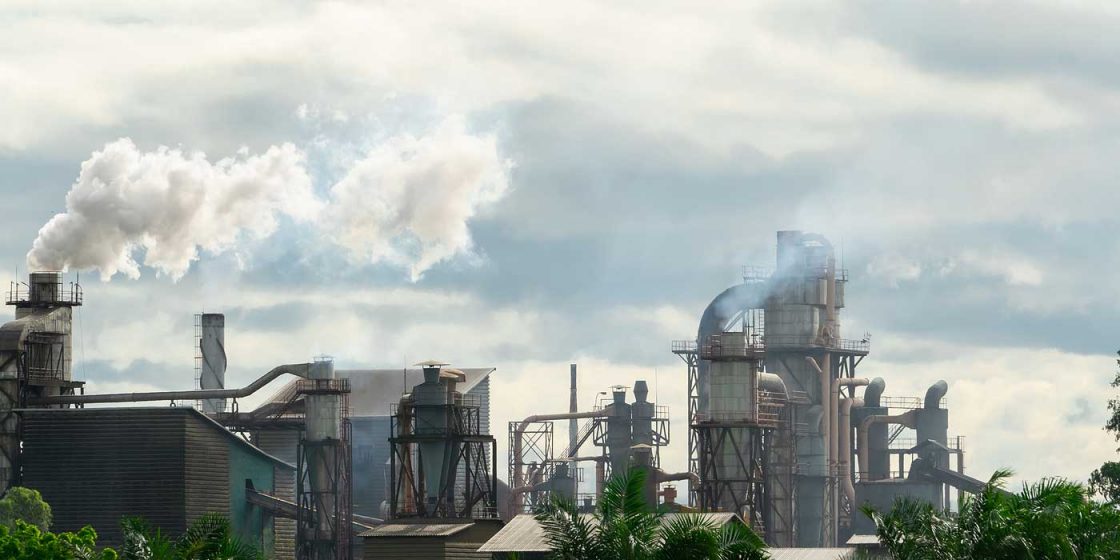
As we all know, there is no Planet B, and with global consumption of raw materials set to double to 167 Gigatonnes by 2060, the environmental damage caused by human consumption is increasingly severe.
Gone are the days when green production was a method of brand positioning favoured by niche businesses or the larger businesses that bought them out when they became successful.
Building production facilities based on a more sustainable operational environment is the basis of most modern manufacturing. The pressure to do so has only been increased by the effects of Brexit, Covid, and now, the war in Ukraine.
This is not just a bit of green tinkering, adding in an organic ingredient here and a renewable resource there. It means reducing the impact on the environment and reducing waste from the beginning to the end of the manufacturing process. Of course, this can only be done whilst maintaining the business’s economic viability.
Strategies focus on reducing the energy consumption, water usage and waste/emissions levels at each stage of production, from materials acquisition through manufacture to product use and disposal. Changes across the entire process lead to multiple benefits.
Employees find they are working in safer conditions, which in turn increases morale and helps find new employees. Such corporate responsibility is vital for attracting the new workforce of Gen Z, whose workplace values are non-negotiable.
Brands develop added value, with more appeal not only to consumers (including those Gen Z’ers) but also to ethical businesses along the supply chain. Such partnerships then enhance the brand still further.
Financials improve as budgets for waste sorting, handling, storage, and disposal are lessened. This, in turn, eases regulatory concerns. Reducing the need to deal with hazardous waste, reduces production and maintenance costs, and increases the long-term viability of the business.
Communities benefit as the emissions and other environmental impacts are reduced, and this in turn, builds stakeholder trust.
Our many years of experience allow us to gather accurate data on energy use, water use, emissions and waste at each stage of your food processing business. We work with you to implement changes that have real impacts that will result in long-term economic viability.